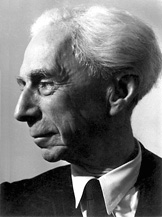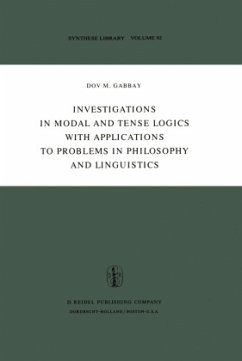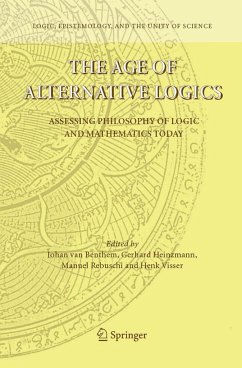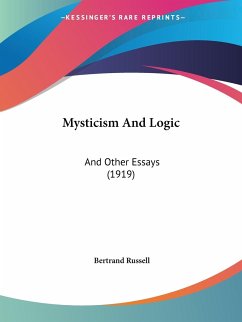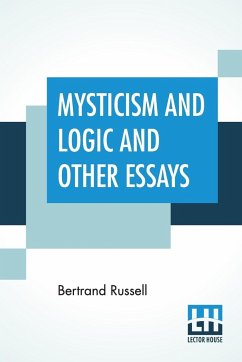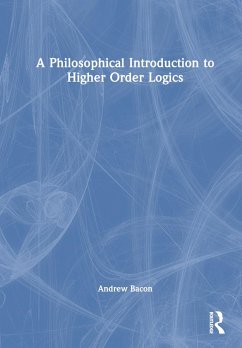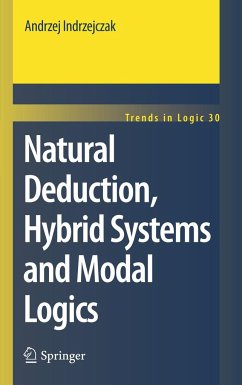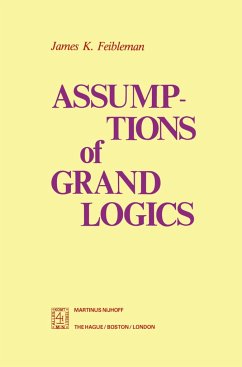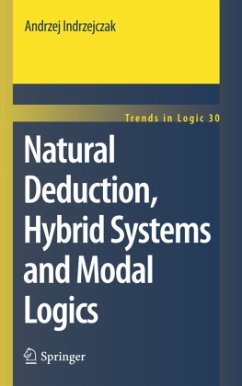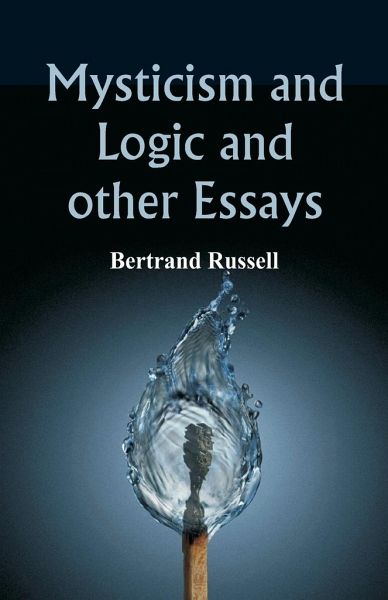
Mysticism and Logic and Other Essays
Versandkostenfrei!
Versandfertig in 1-2 Wochen
19,99 €
inkl. MwSt.

PAYBACK Punkte
10 °P sammeln!
Mysticism and Logic and Other Essays is a collection of essays written and edited by Nobel Prize winning author Bertrand Russell. Russell was a heralded British philosopher, historian and mathematician, as well as a well-published author, and is considered one of the great minds of the 20th century. In this collection, Russell challenges romantic mysticism while promoting a logical and mathematics-based approach to interpreting the world around us. The collection opens with one of Russell's most well known essays, Mysticism and Logic, in which the author explains his worldview and the need for...
Mysticism and Logic and Other Essays is a collection of essays written and edited by Nobel Prize winning author Bertrand Russell. Russell was a heralded British philosopher, historian and mathematician, as well as a well-published author, and is considered one of the great minds of the 20th century. In this collection, Russell challenges romantic mysticism while promoting a logical and mathematics-based approach to interpreting the world around us. The collection opens with one of Russell's most well known essays, Mysticism and Logic, in which the author explains his worldview and the need for logic when interpreting life. Nine more essays follow this one, and touch on a range of topics including mathematics, life and death, plurality, the nature of existence, intelligence, and science's role in a liberal education. The first five essays of this collection are "entirely popular" according to Russell, whereas the final four are "somewhat more technical." Despite this disclaimer, the layman will still find these essays readable.



